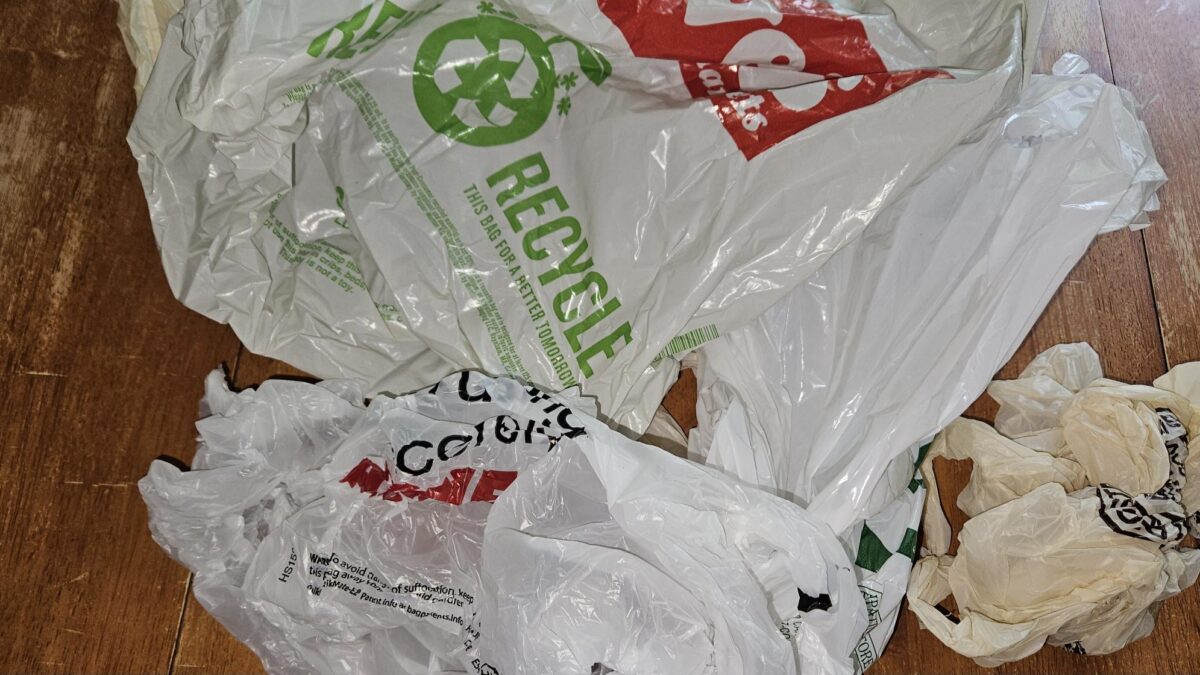Pennsylvania attorney general urges EPA to act on ‘forever chemicals’
(The Center Square) – Pennsylvania recently joined 16 other states in a push for federal action against “forever chemicals” in the environment.
In a letter sent last week, acting Attorney General Michelle Henry urged the Environmental Protection Agency to tighten reporting requirements for PFAS, chemicals that linger for long periods in the environment and in living beings.
PFAS, or perfluoroalkyl and polyfluoroalkyl substances, are toxic chemicals used in many industrial processes and products. Cookware, carpets, food packaging, clothing, and firefighting foam have all been made with PFAS. However, the chemicals can contaminate air, water, and soil, with adverse health effects in humans and animals.
“Pennsylvanians have a constitutional right to clean air and pure water, and I am committed to defending that right,” Henry said in a press release. “PFAS have been contaminating Pennsylvanians’ drinking water for years, yet the federal government had been slow to address this threat.”
Henry said her office “applauds” the EPA for considering new rules that would reclassify PFAS as “chemicals of concern” and standardize reporting requirements so the agency can better understand the scope of the problem across the country.
“The EPA’s efforts will set the nation on a path toward safer regulation of PFAS,” she said.
Pennsylvania has already tightened rules on treating PFAS in drinking water.
In January, the Department of Environmental Protection adopted new rules for PFAS chemicals to require drinking water treatment facilities to test for PFAS and treat water if it’s above the maximum contaminant level.
“Scientists classify PFAS as emerging contaminants because the risks they pose to human health and the environment are not completely understood,” the DEP noted. “While health impacts continue to undergo research studies, the research has concluded a probable link of PFAS to adverse health effects in laboratory animals and humans.”
The federal rule change would end regulatory exemptions for PFAS, too.
“Eliminating this exemption will provide the EPA and all impacted communities, scientists, and states with necessary information regarding the types and amounts of PFAS in their neighborhoods in order to make informed decisions,” the attorney general’s office noted.
As the federal rulemaking process continues, federal money has flowed to PFAS-related projects. The Infrastructure Investment and Jobs Act passed in 2021 sent $50 billion for drinking water, wastewater, and stormwater infrastructure, including $10 billion for “communities impacted by emerging contaminants in water, including PFAS,” according to the EPA.
Anthony Hennen is a reporter for The Center Square. Previously, he worked for Philadelphia Weekly and the James G. Martin Center for Academic Renewal. He is managing editor of Expatalachians, a journalism project focused on the Appalachian region.
This article was republished with permission from The Center Square.



